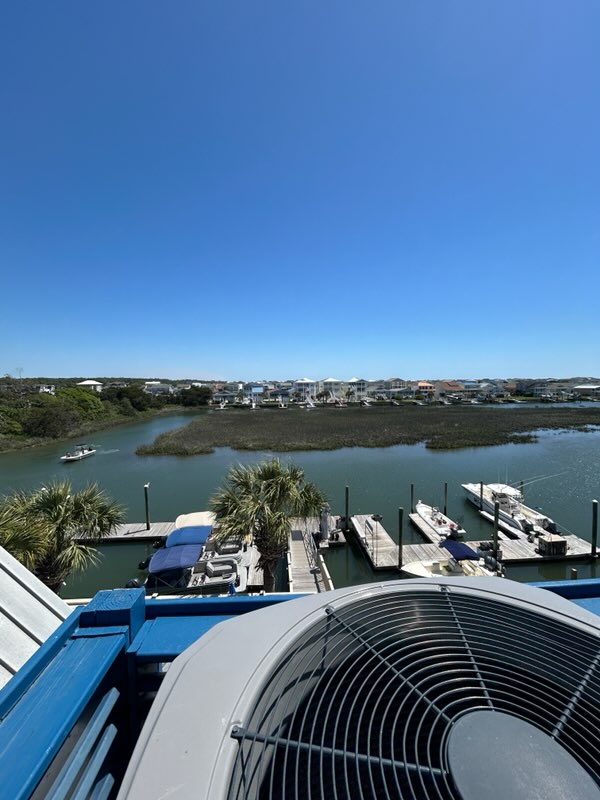
The Ultimate Guide to Sustainable Heating and Cooling Practices for North Carolina Homes Oct 06, 2025
Sustainable heating and cooling start with a proper understanding of energy efficiency. The efficiency of your HVAC system plays a crucial role in reducing energy consumption. Older units often lack the efficiency of modern models, so if your system is over a decade old, consider upgrading to an Energy Star-rated model. Such units are designed to use significantly less energy while maintaining optimal performance. Additionally, they come with advanced features like variable speed motors that adjust their output to match your home's heating and cooling needs.
Another cornerstone of sustainability in HVAC practices is the regular maintenance of your equipment. Ensuring that your heating and cooling systems are serviced at least twice a year can drastically improve their longevity and efficiency. This includes cleaning or replacing air filters every one to three months to enhance airflow and minimize the strain on your system, thereby reducing its energy use.
Insulation is often overlooked, yet it is a critical component of sustainable home heating and cooling. Properly insulated homes maintain temperatures more efficiently, reducing the workload on your HVAC system. Consider assessing your home's insulation and sealing any air leaks around doors, windows, and ductwork with weather stripping or caulk. This ensures that heated or cooled air remains inside your home, optimizing your energy use and comfort.
Utilizing smart thermostats represents another efficient and sustainable practice. These devices allow for more precise control over your home's climate, enabling you to adjust temperatures based on when you're home, asleep, or away. Many smart thermostats also provide insights into your energy usage patterns, helping you make informed decisions to further reduce your carbon footprint and energy costs.
Renewable energy sources are gaining popularity among North Carolina homeowners as an effective way to sustainably heat and cool their homes. Solar panels, for instance, can be an attractive investment, leveraging North Carolina's abundant sunshine. Power produced can be used to run HVAC systems, cutting down reliance on conventional electricity sources and lowering utility bills.
Moreover, don't overlook landscaping as a sustainable heating and cooling practice. Planting shade trees and strategic shrubs can reduce heat gain, keeping your home cooler during sweltering summer months. In winter, these same plants can serve as windbreaks, reducing the chill factor and making heating more efficient.
In conclusion, optimizing your North Carolina home's heating and cooling requirements is not merely about comfort—it’s about making savvy, sustainable choices that have far-reaching impacts. As these practices are integrated into your home life, they contribute not only to environmental preservation but also to significant financial savings in energy costs. By upgrading systems, prioritizing maintenance, enhancing insulation, employing smart technology, and possibly integrating renewable resources, you can achieve a truly sustainable approach to your home's climate control. Engage with local professionals like North Carolina Heating and Cooling to assess your specific needs and implement these sustainable strategies today.
/filters:no_upscale()/filters:format(webp)/media/1752a747-5bba-435f-8da9-254dc6615005.jpeg)